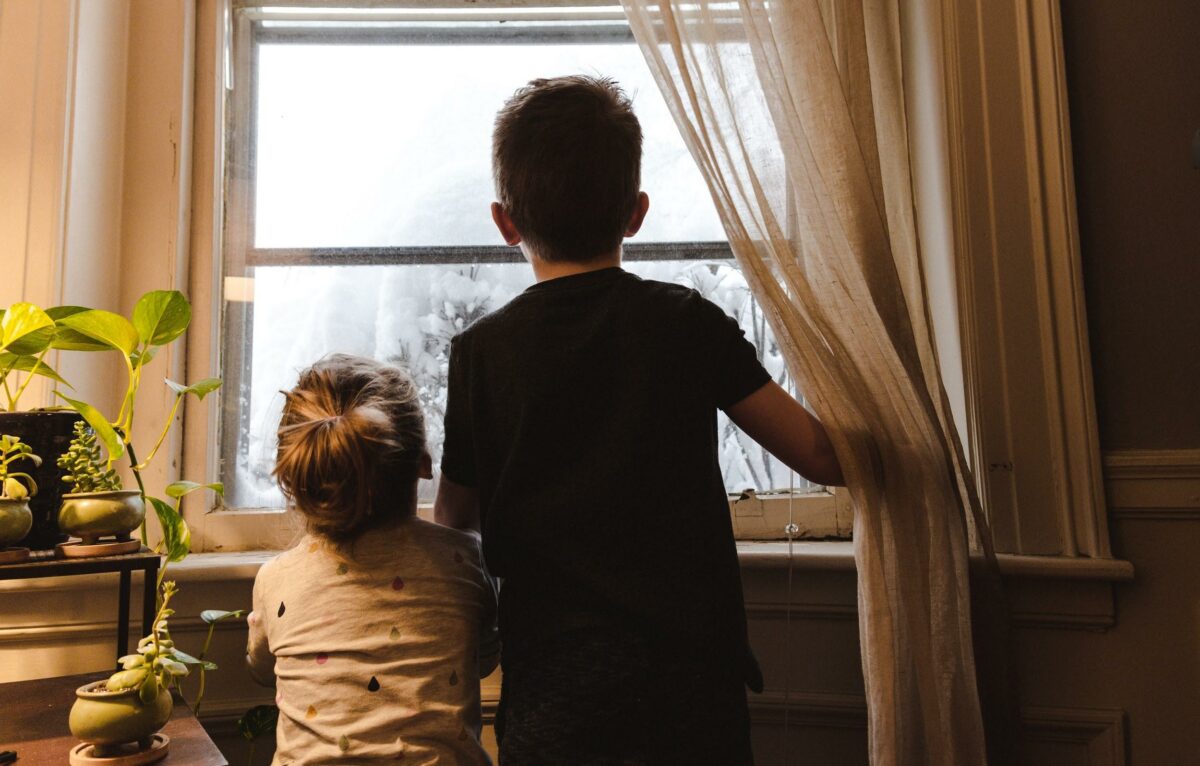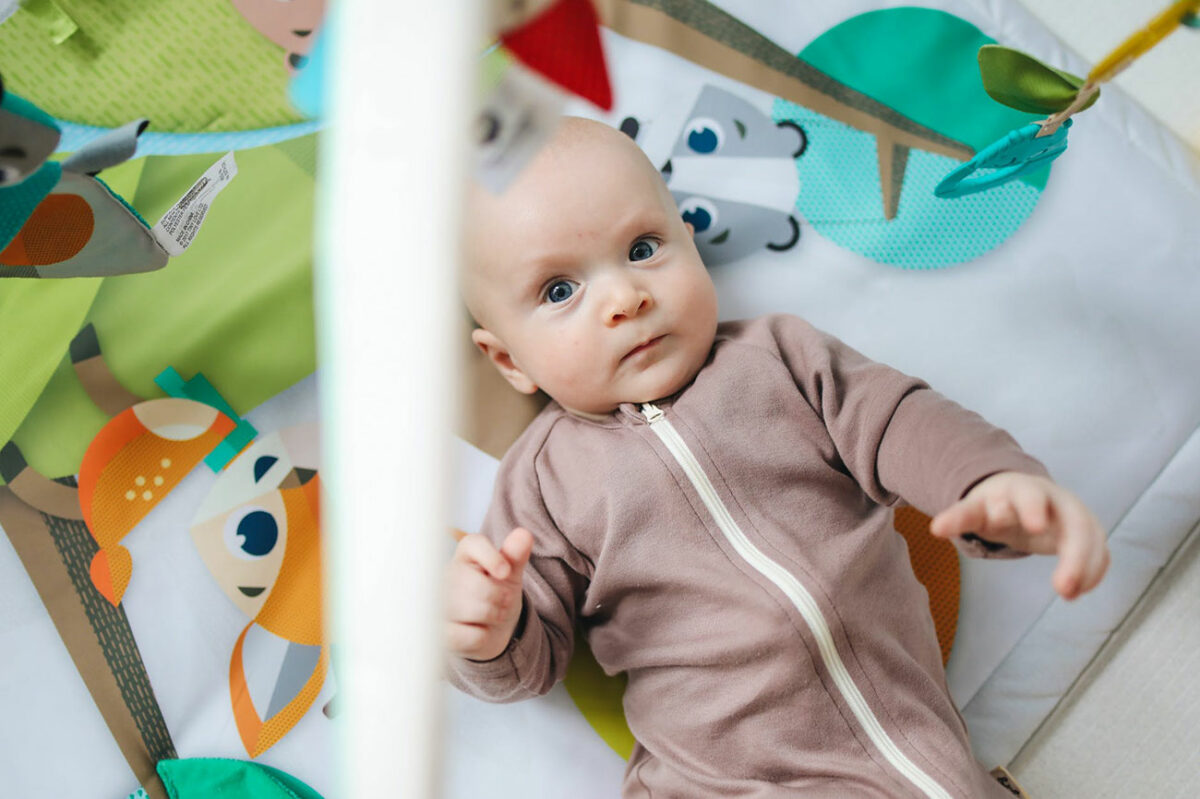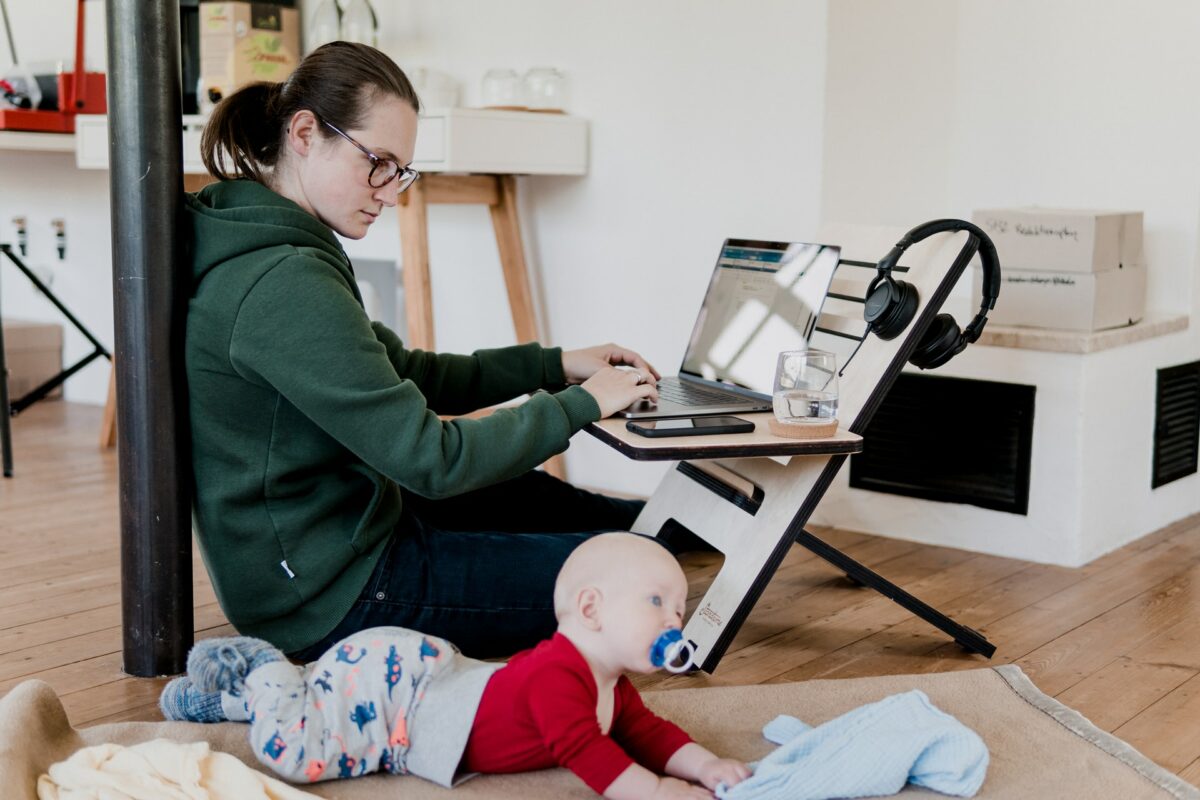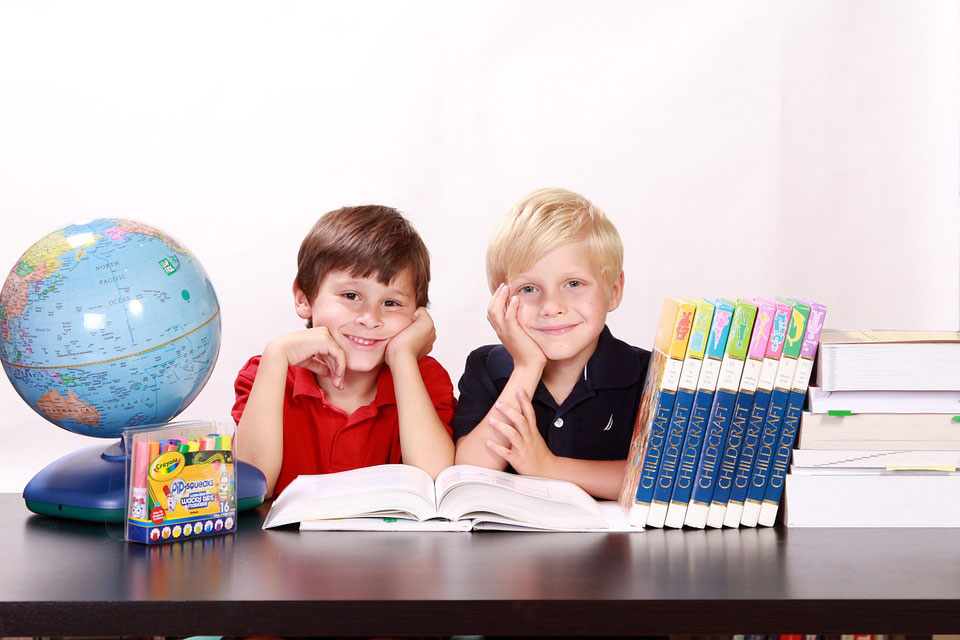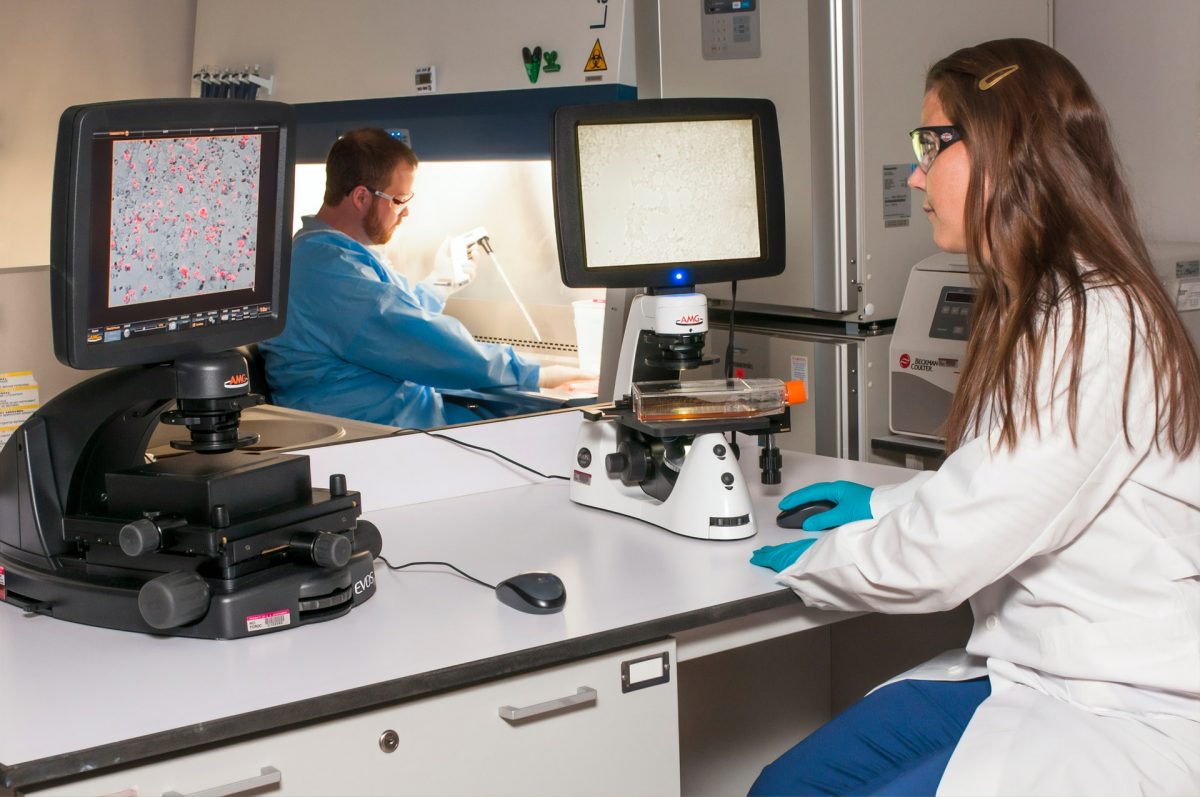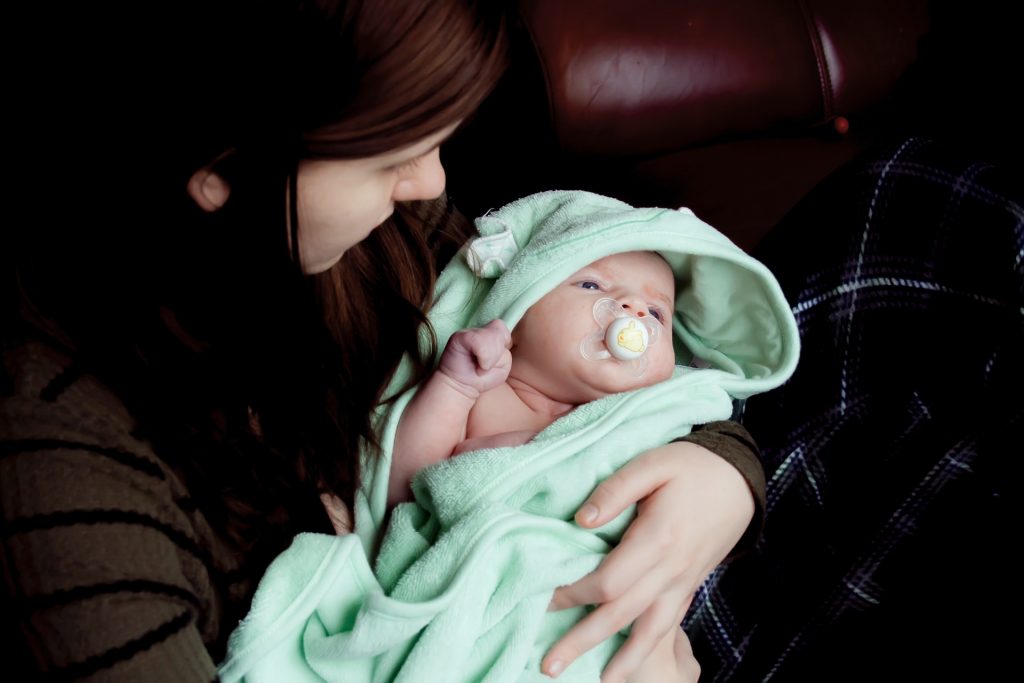All parents worry about their children’s future and how they can secure it. Whether it’s creating a safe fund for them or making sure your family asset is protected, there are some things parents should pay attention to the most. Although this may seem like a simple and easy task, there are many factors you should look into when planning this. You need to do as much as you can on your own, but still learn when to call the professionals and let them handle everything else. These people know what needs to be done and can do things that will suit you and your family. Start by writing down all the things you wish to know, and then create a detailed list that will guide you through the process.
Start a fund
This is a very popular idea because parents generally believe that creating a fund is a great way to secure your child’s financial future. You can start doing that as soon as your child is born, or whenever you feel you’re ready to start saving. Although education is probably the main reason why these funds are created in the first place, this is also a great way to provide your kids with a decent amount of money in the future.
Maybe your children will want to invest money in a good business opportunity, start a business of their own, or move to another country. Whatever they do, this is a great opportunity to help them start a new chapter in their life. Thinking about their personal development is what you need to do in order to help them become more independent and learn more about the world.
An insurance policy

No matter how old your children are, they probably have no idea what a life insurance policy is. This is something we all keep ignoring our entire lives, until it’s too late, and it’s much better to think about our lifestyle and our habits in advance – at least before anything bad happens.
Most insurance policies cover a lot of things, and finding one that will suit your children the most is important. In addition to that, you can find good policies for the whole family and think about what you want to cover. Find an insurance company that has everything you need and ask for policies that you’ll be comfortable with. Ask your insurer to explain to you all the details and help you understand all the items listed in your policy.
Protect your asset
Our assets are among the most important things in our lives, and protecting them is a must. However, no matter how proud of our assets we really are, we don’t think about their future and what might happen to them.
If you want to make sure your children are in full control of your possession once you’re gone, you need to think about consulting professionals who deal with the safest asset protection solutions, as well as learning all the details of this process. It’s better to be prepared and make sure your children have all the rights when it comes to your property without having to deal with too many legal procedures. Any experienced lawyer will guide you through this process and help you and your children retain the full rights to everything you own.
Invest in something

Whether you want to invest in your own business or you’ve learnt about a great investment opportunity, this can be something that will ensure your child’s future. Make sure you explore different profitable investing opportunities in order to find the right one for you.
Although trust funds are among the best ideas in the world, sometimes it’s better to think outside the box and invest in a great business deal that will allow you to keep earning money in the years to come too. Think about different options, but make sure to check everything with a professional who can help you see the real potential of your investments.
From protecting your assets to making a few new investments, you need to do everything in your power to help your children have a great life without worrying about legal issues. Go through everything with them and get them involved in the process, especially when it comes to knowing their rights.


